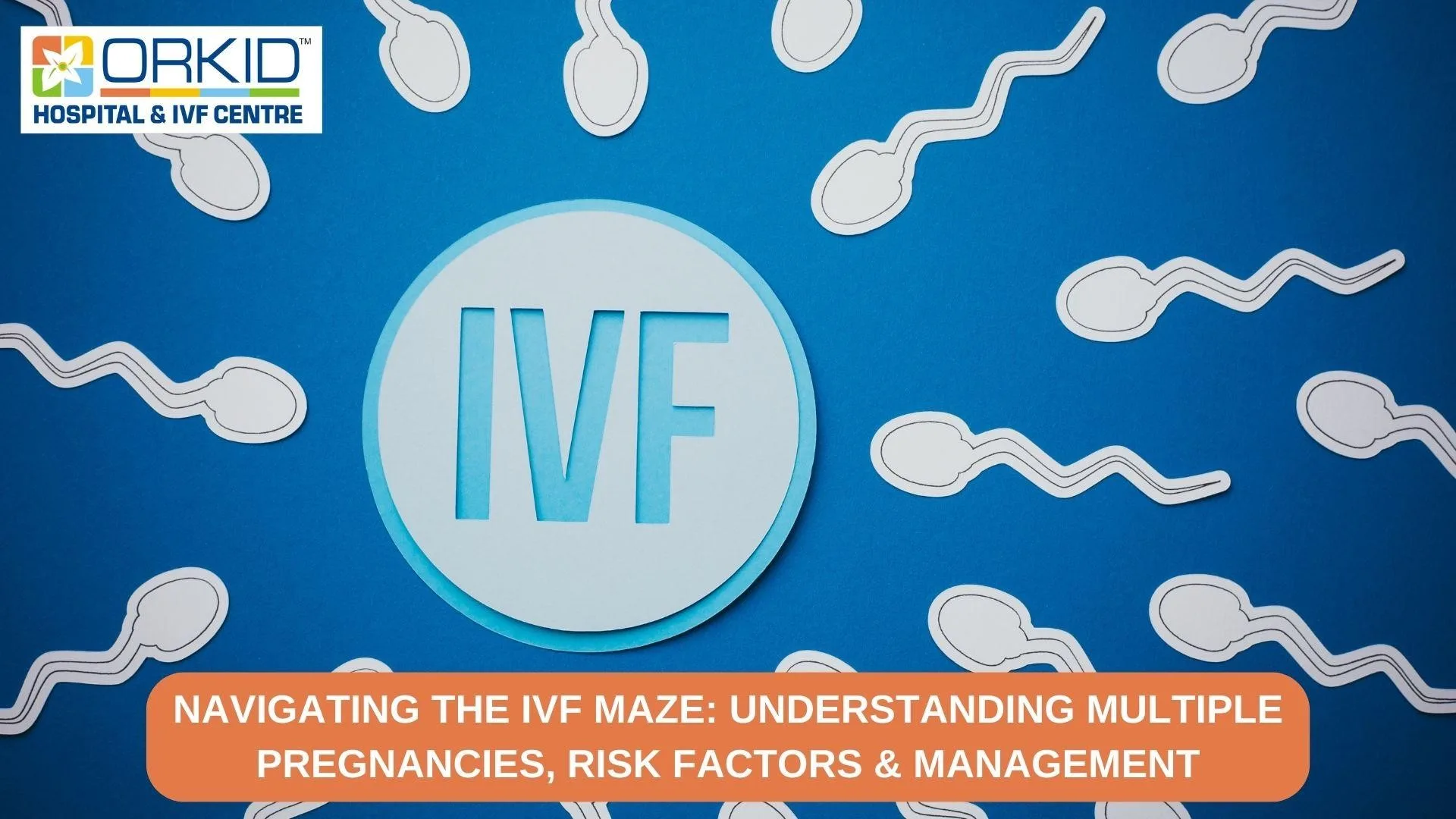“PMS – A Real Problem”
Premenstrual syndrome includes several symptoms affecting both physical and mental health, which are:
(A.) Emotional and behavioral signs and symptoms
• Tension or anxiety
• Depressed mood
• Crying spells
• Mood swings and irritability or anger
• Appetite changes and food cravings
• Trouble falling asleep (insomnia)
• Social withdrawal
• Poor concentration
• Change in libido
(B.) Physical signs and symptoms
• Joint or muscle pain
• Headache
• Fatigue
• Weight gain related to fluid retention
• Abdominal bloating
• Breast tenderness
• Acne flare-ups
• Constipation or diarrhea
• Alcohol intolerance
There are several cause that could have lead her to develop this condition and it includes:
• Cyclic changes in hormones: -Signs and symptoms of premenstrual syndrome change with hormonal fluctuations and disappear with pregnancy and menopause
• Chemical changes in the brain: Fluctuations of serotonin, a brain chemical (neurotransmitter) that’s thought to play a crucial role in mood states, could trigger PMS symptoms. Insufficient amounts of serotonin may contribute to premenstrual depression, as well as to fatigue, food cravings and sleep problems.
• Depression: – Some women with severe premenstrual syndrome have undiagnosed depression, though depression alone does not cause all of the symptoms
There are several methods that can help you manage or prevent them, they are:
1. Exercise – Engaging in about 30 minutes of cardio exercises such as brisk walking, jogging, running, or swimming, at least 5 days every week can help in managing symptoms such as fatigue and prevent mood swings by generally elevating your mood. Apart from handling PMS, regular exercise will also help in improving your overall health.
2. Making dietary changes – Several dietary changes are known to provide PMS relief such as eating smaller meals frequently and a reduction in salt intake can ease bloating and fluid retention. Eating a balanced diet that includes healthy foods such as whole grains, green leafy vegetables, fresh fruits, and bowls of salad can benefit you by not only relieving the symptoms of PMS but also helping you maintain a healthy weight. Incorporate calcium rich foods such as dairy, plenty of nuts and green leafy vegetables to your diet. If you are lactose intolerant or are allergic to nuts, try adding a calcium supplement to your routine.
3. Managing stress – Getting adequate sleep by regularizing your sleep schedule can help in managing stress. Practicing deep relaxation techniques such as yoga, deep breathing etc., can also help in alleviating insomnia and stress. It is especially useful for women who experience severe migraine headaches.
4. Avoid smoking – Several studies have shown that women who smoke cigarettes reported that they experienced worse, more severe PMS symptoms than women who avoid smoking altogether.
5. Incorporating health supplements – Supplements such as such as iron, folic acid, vitamin B-6, vitamin D and magnesium can help in managing cramps and reducing mood swings.
6. Avoid alcohol and caffeine – Reducing your alcohol and caffeine intake can also help in managing your PMS symptoms effectively.











